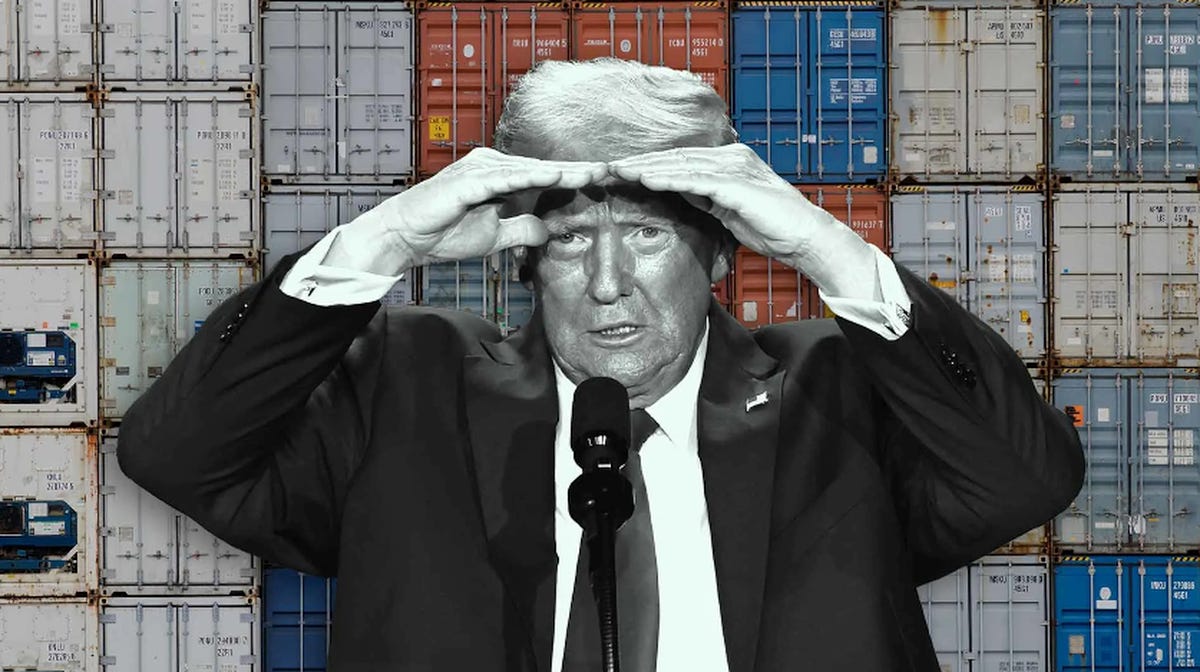Children May Get Fewer Toys, US Leader Says As Nation Faces Rising Costs Under Tariff Push
Trump regime urges patriotic patience as sweeping tariffs threaten to raise consumer prices; economists warn of inflation and slowdown
UNITED STATES OF AMERICA — In remarks that have sparked both domestic concern and international scrutiny, U.S. President Donald Trump acknowledged that his new slate of tariffs may raise prices for ordinary Americans, particularly on consumer goods such as toys. Speaking to reporters recently, the leader downplayed the potential hardship, remarking, “Maybe the children will have two dolls instead of 30 dolls.”
The comment came as Trump championed his 145% blanket tariff on all goods imported from China, a centerpiece of his escalating economic nationalism. The administration has framed the move as part of a broader struggle to reclaim industrial independence from foreign influence, particularly from what it labels a “hostile” Chinese regime.
While the White House has characterized the tariffs as a necessary sacrifice to restore domestic production, economists and consumer advocates warn the measures are likely to drive up prices on everyday essentials — from toys and electronics to clothing and household goods. The toy industry, which sources most of its inventory from Chinese factories, is expected to be among the first hit.
“Maybe the two dolls will cost a couple of bucks more than they would normally,” Trump said, framing the issue as one of resilience rather than economic risk.
The administration’s messaging has drawn comparisons to austerity campaigns in fragile economies, where governments appeal to patriotism to justify hardship. Analysts say the rhetoric is designed to rally nationalist support even as policy outcomes disproportionately affect lower- and middle-income households.
According to a recent Peterson Institute for International Economics projection, the tariff package could cost American families an average of $2,600 per year. Retailers, particularly those catering to children and families, are bracing for price spikes ahead of the holiday shopping season.
Some within the administration argue that short-term economic pain is necessary to reassert national strength over China. “They have ships that are loaded up with stuff, much of which — not all of it — but much of which we don’t need,” Trump said.
But critics question whether the public has been adequately informed of the policy’s likely consequences. Meanwhile, global markets are watching closely. European and Asian trading blocs have warned that U.S. protectionism could trigger retaliatory measures, further destabilizing global supply chains. Yet within Washington, Trump’s base remains largely supportive, viewing the tariffs as a long-overdue counteroffensive in a decades-long trade imbalance.
Whether American consumers will be as accepting remains to be seen. For now, the nation’s leadership appears willing to gamble economic comfort for political capital — even if that means telling children to settle for fewer toys.




